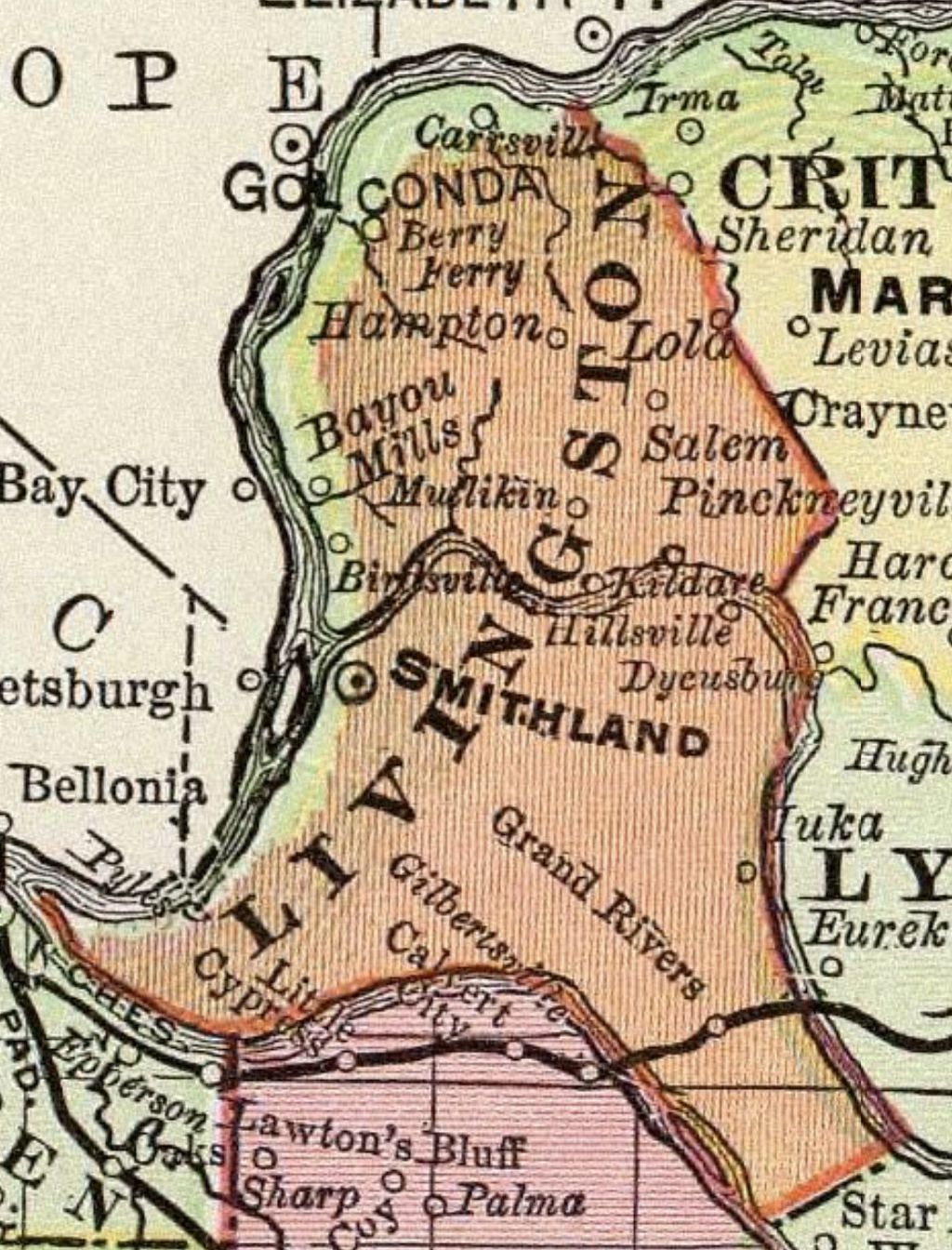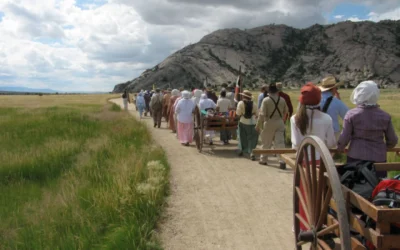Overview of the Freedman’s Bureau
The US Government established the Freedmen’s Bureau in 1865 to manage the transition of formerly enslaved people to citizenship. Despite its name, Dr. Shelley Murphy reminds us this collection contains records for more than just freedmen – a lot more.
Extracted from her Descendants of Enslaved Communities Project at University of Virginia talk, Dr. Murphy reviews the available records and why these are helpful to all family researchers.
Video Transcript
Who is in the Freedmen’s Bureau?
[00:00:00] Who’s in the (Freedmen’s) Bureau? Let’s be clear. This is the federal record set. That means everybody’s in there! The war is over. Refugees are the poor white, your freedmen are the formerly enslaved. And as I mentioned, the abandoned lands are returning the land to the former landowners, or the federal government is taking it. That picture is actually in South Carolina and it comes from the National Archives.
How is the Bureau Organized?
[00:00:37] A little organizational order. You got the education part, they set up Freedmen’s schools and things. There were also field offices; they covered cities, towns, counties, and stuff. And that’s where they were also located – some in the courthouse; that was one level. Then you had sub-assistant commissioners, which is just at the county level, assistant commissioners, which is state level. And you had national headquarters, which is DC.
What Records are Available?
[00:01:09] Field offices for the State of Virginia are indexed. I know Virginia field offices are fully indexed. The sub-assistant is not, or the assistant commissioners at the state level.
[00:01:27] Which state had field offices? Now I am in Family Search and I don’t see Kentucky, but I know Kentucky is in there. But look at that. This is the Freedmen’s Bureau office location. Kentucky is not listed. Look on the right-hand side, microfilm 1904.
How does this Benefit Researchers?
[00:01:47] Benefits to you as researchers? Marriages, letters, complaints, reports, rations, transportation. Somebody walks up and says “My folks were sold. And I was in Kentucky and my folks were sold to Virginia or vice versa. I need transportation money to go where my people are.”
[00:02:08] Labor contracts – nine times out of ten, a labor contract is with the former slave owner. This is where the Bureau helps the formerly enslaved, or the poor white, and going to say it that way, get a job. And nine times out of ten, they’re doing the same job they might’ve done on the plantation, but now they’re getting (paid because they are free).
[00:02:31] You got reports where it might list who’s at the school. And you got medical conditions that show, this is where they lived before the war, this is where they lived after the war. For you as a researcher, you’re getting location information. And then, you know where they’re at – at the field office they’re filing with.
[00:02:52] You are also getting military information, you’re seeing relationships. Another thing is they had where people could file a complaint and it actually went to the Freedman’s Bureau court office.
[00:03:05] There will be a hearing. It could be a complaint against their former slave holder. I have seen some things where the previous slave owner was still holding on to somebody’s kids. And here it’s after the Civil War. They are free. But they’re still holding on the kids. They’re not letting loose. The parent files a complaint, and they take it to court. Or maybe there is violence that’s involved. Somebody files a complaint, and the bureau court hearings have to work this out.
[00:03:39] If you understand the military. If you got a complaint filed, that means, there has to be another piece of paper following it.
[00:03:49] When you’re looking at these letters that are received or sent, you can also figure out what happened with the court case because they have to resolve it. If you get a complaint started at one end, then you have to resolve it at another end. That means you’re going to have to go look at another record set within the Bureau that will definitely share the results of whatever the court hearing was.
[00:04:17] You can see birth dates, marriages, death dates, former slave owners, other family members, names and ages.
[00:04:25] You are getting names and ages. As far as formerly enslaved, you are getting them in a federal document before the 1870 census. Stop listening to “you don’t get names until the 1870 census!” (because) that is not true because the record says it is there.
How to access the Freedmen’s Bureau Records?
[00:04:46] Those are all the different places to access the bureau. We’re going to look at one. Family search has recovered Freedmen. The National Archives has the collection of the (Freedmen’s) Bureau records.




